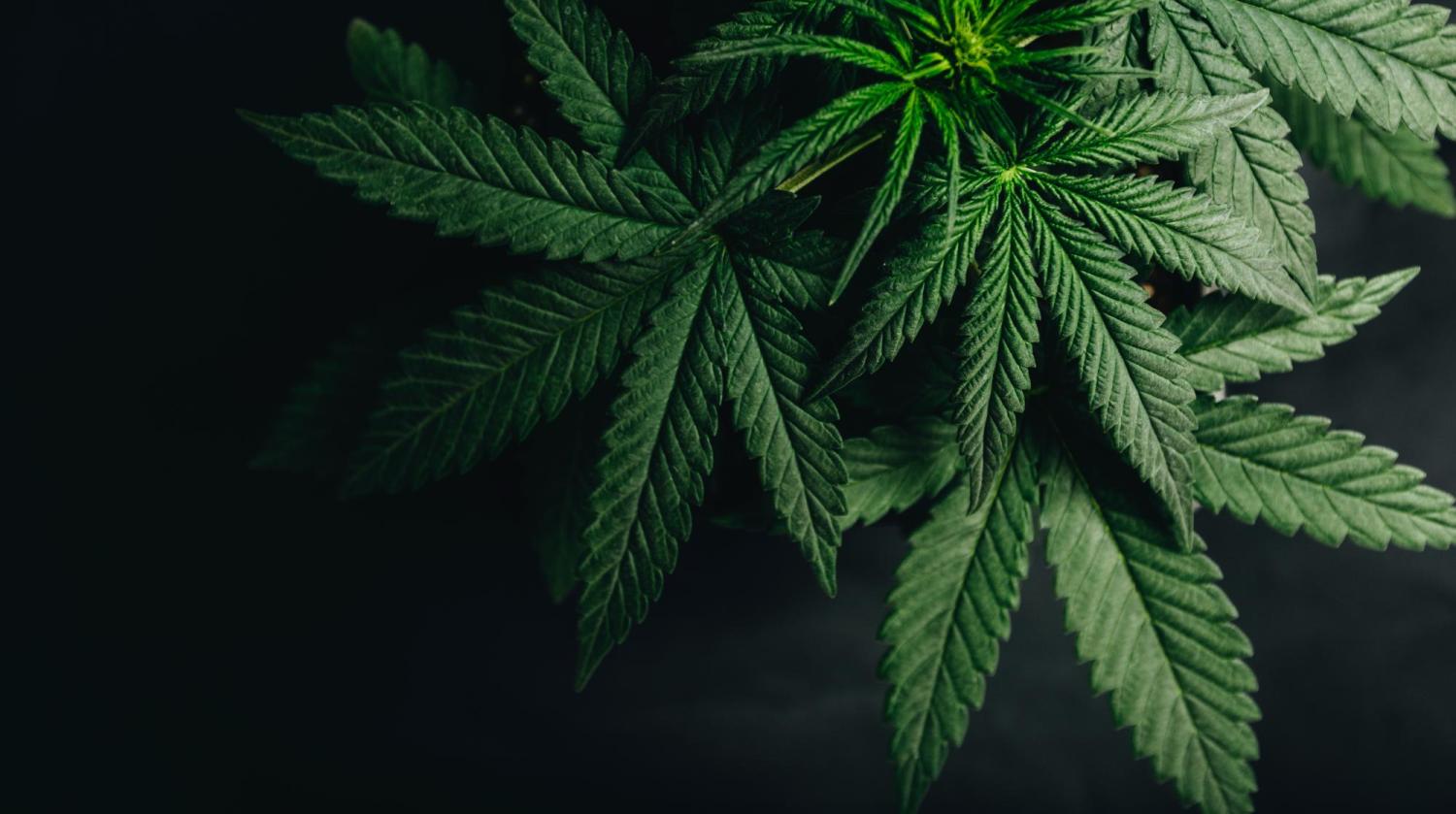Marijuana: Things to know

Marijuana and its active components (such as THC and CBD) exist in many forms and strengths that can affect people differently. Whether your student is a frequent user or is interested in trying pot for the first time, here are some things all students should know about marijuana.
Using intentionally
It’s important to remember that not everyone uses substances while in college. If your student chooses to use marijuana, encourage them to think through the experiences they want to have as well as those they’d rather avoid.
Here are a few examples that can help get them started.
If I choose to use marijuana, I want to:
Feel calm and relaxed
Reduce feelings of anxiety, depression or worries
Socialize more easily
Reduce physical symptoms related to other conditions (e.g. pain)
If I choose to use marijuana, I don’t want to:
Lose control
Have memory problems
Experience anxiety or have my anxiety worsen
Negatively impact my school, work or relationships
Thinking through these experiences can help students understand their limits and use in a way that minimizes negative outcomes.
Waiting before engaging in activities that may put you at a higher risk
Wait at least three to six hours after vaping or smoking and six to eight hours after consuming edibles before engaging in higher risk activities like driving, skiing or swimming. Encourage your student to be mindful of their own tolerance and use when determining when it’s safe to participate in these kinds of activities. In some cases, they may need to wait longer than the recommended times.
Reducing frequency
Like other substances, frequent marijuana use can increase someone’s tolerance, which means it may take more to achieve the same effect. Using marijuana less frequently has been shown to lower the risk of dependency, negative mental health symptoms and longer-term health effects. If your student isn’t sure if they may need to reduce their frequency, encourage them to review these questions to reflect on their current use:
Is my consumption adversely affecting my productivity, school performance or job performance?
Is my consumption interfering with my relationships?
Is my consumption impacting my memory?
Am I feeling more fatigued than I’d like to be?
Am I breaking my own rules or limits around marijuana use?
How is my use impacting me financially?
Using with trusted friends
Encourage your students to use marijuana with people they know, trust and feel comfortable with. If your student feels pressured by peers to use more than they’re comfortable with, help them come up with ways to say “no”. For example, they could say “No thanks. I need to drive home later.” or “I’m going to start with a smaller amount and see how it goes.”
Avoiding sharing
Encourage your student to avoid “puff and pass” rotations. It’s also best not to share joints, bongs, vapes or other personal items with others. Sharing can put students at a higher risk of spreading diseases like meningitis, COVID-19, the cold or flu and mono, which can all be transferred from person to person through saliva. Your student may also be exposed to higher doses of THC than they’re used to, which could lead to undesirable effects.
It’s also important to know what you’re consuming. The recent influx of fentanyl, a synthetic opioid that is 50 to 100 times more potent than heroin or morphine, can put students at increased risk if they obtain marijuana through friends or dealers. Students should always opt to purchase marijuana directly from dispensaries to ensure that their purchase has not been tainted or contaminated.
Marijuana policies
While marijuana is legal in Colorado, all students should be aware of Colorado laws and campus policies related to possession and consumption of the drug.
Be informed about marijuana laws and CU’s Student Code of Conduct (PDF).
Marijuana possession and use is only legal in Colorado for adults 21+ (18+ for medical marijuana). Underage use is subject to an MIP ticket, fines and CU sanctions.
It is illegal for anyone (regardless of age) to have or use marijuana on campus in any form, even with a prescription.
Being under the influence of marijuana is a violation of the CU drug policy and may result in student conduct sanctions and processes.
Driving high could land you with a DUI. Wait before getting behind the wheel.
It’s illegal to take marijuana products out of the state. Additionally, Denver International Airport has banned the possession of marijuana products on its property.
Using marijuana in any form (smoking, eating or vaping) isn’t allowed in public places. Smoking and vaping are also in violation of the university’s smoke-free campus policy.
Campus Resources
If your student would like to explore or change their relationship with marijuana or other drugs, CU Boulder has resources that can support them.
Health Promotion offers two free workshops for Exploring Substance Use and Buffs Discuss Substance Use. These voluntary workshops provide students with a safe, non-judgmental space where they can explore their relationship with substance use and discuss their personal experiences. Students of all levels of use and non-use are welcome.
Collegiate Recovery Center (CUCRC)
The CUCRC provides support meetings, recovery-focused housing, events and activities, peer support and more for students in recovery or interested in pursuing recovery from drugs, alcohol, eating disorders, self-harm, other addictions or unwanted behaviors.
The AOD website provides information, support resources, policies, reports and more related to alcohol and other drugs at CU Boulder.


